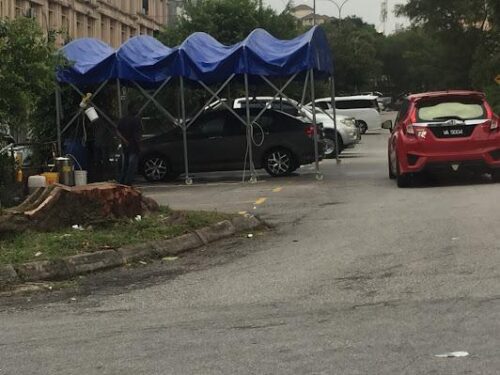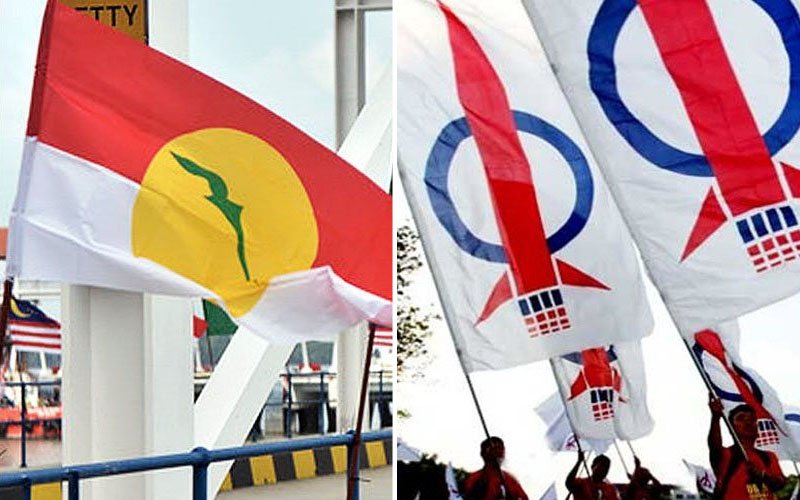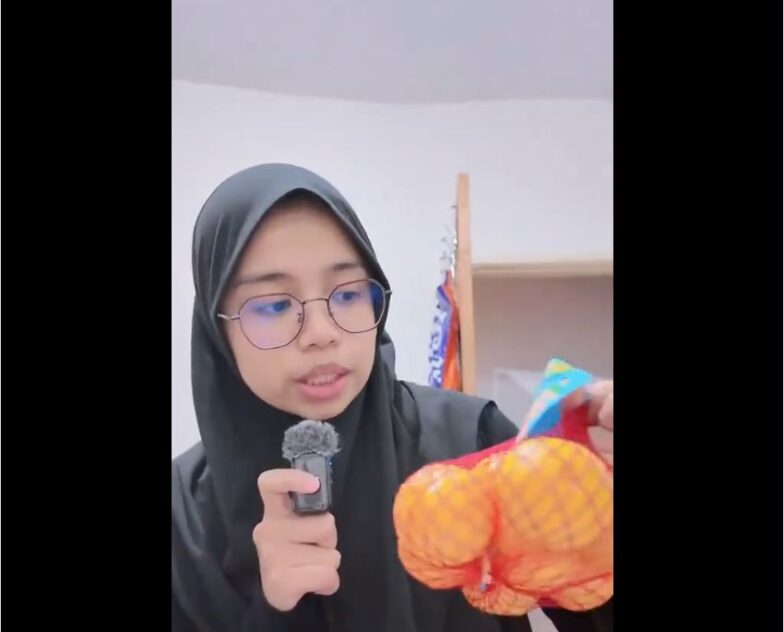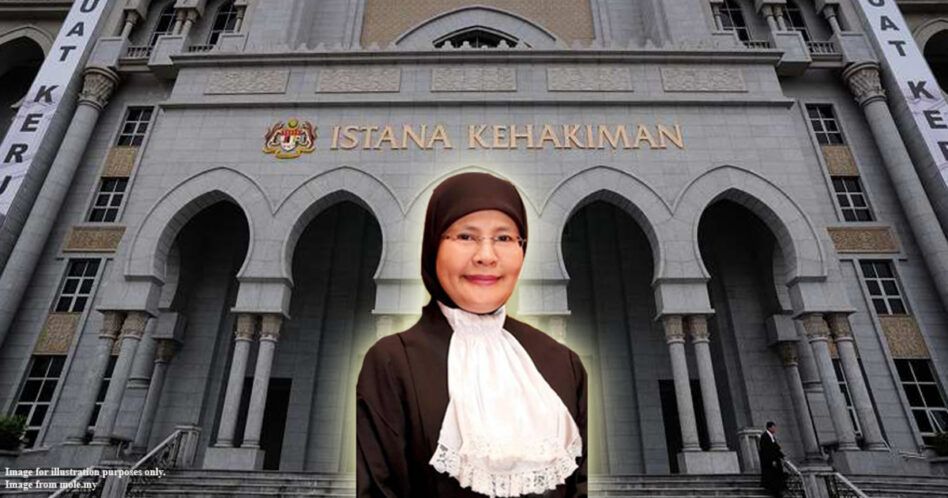Letter to editor
PHYSICALLY and genetically, it is impossible for humans to evolve from apes; however, it is posible for a new pattern of behaviours or political culture to develop.
While politicians can behave like the primates, earning even the moniker in a form of a veiled reprimand from the Selangor ruler Sultan Sharafuddin Idris Shah, this chimpanzee (just for the fun of it and for illustration purposes) can even know how to behave like a human child.
Two political parties that were once at each other’s throats are now working together in the unity government.
In the process, a new culture is evolving in UMNO with the emergence of some of its younger leaders such as Johor Menteri Besar Datuk Onn Hafiz Ghazi and Merlimau assemblyman Dr Muhamad Akmal Saleh.
Unless he was acting for the video, Dr Akmal comes across as a people-friendly politician from UMNO from the way he visited the home of an Indian family and having a meal together with the host.
For someone who is discerning it is easy to see which politician is genuine, and which is not. Akmal is the equivalent of DAP’s Bukit Mertajam MP Steven Sim and now Human Resources Minister who helps anyone and everyone in his constituency regardless of race and religion. This is worth emulating.
Since the unity government was formed, two political parties have evolved and the trend is becoming more apparent to the observant eyes.
UMNO now more human?
First, UMNO has become less taunting and intimidating to the Chinese and Indians after it was given the opportunity to form the government with Prime Minister Datuk Seri Anwar Ibrahim.
They appear to have begun to realise that their minds were once poisoned by political leaders in the likes of Tun Dr Mahathir Mohamad whose Camp A defeated Camp B led by Tengku Razaleigh Hamzah during the political impasse in 1987.
As a result, UMNO had not been able to culture the moderate Malays as leaders. They either do not rise within the rank and file or they do not survive long in the toxic environment within UMNO. Names such as former finance minister II Datuk Seri Husni Mohamad Hanadzlah and former foreign minister Datuk Seri Anifah Aman immediately come to mind.
However, within the past one year, the likes of Sungai Besar UMNO division chief Datuk Seri Jamal Md Yunos and UMNO communications director Datuk Lokman Noor Adam have mellowed down.
Jamal is currently undergoing treatment for lung cancer and we pray that God may grant rapid recovery and give him a second chance to turn on a new leaf.
The problem with UMNO in the eyes of non-UMNO supporters now exists in the Perikatan Nasional (PN) coalition with leaders such as Kedah Menteri Besar Datuk Seri Muhammad Sanusi Mohd Nor.
Both UMNO and the PN coalition cannot accept defeat in politics. Much of today’s political taunting comes from both PAS and Bersatu politicians who are attracting more brickbats from ordinary citizens than UMNO.
If UMNO continues to produce people who are always on the ground to solve people’s problems, it will see the unleashing of people’s power to support it in the next general election.
What on earth is happening to DAP?
Meanwhile, from observations made by this writer, many of DAP leaders have started to operate from their own ivory towers. Complaints raised to them or their aides, for example, fall on deaf ears as a result of which the electorate continues to suffer in silence.
Take for example, Damansara MP Gobind Singh. On numerous occasions when a same complaint is raised with him by this writer more than a dozen times, a promise was made but never kept. Similar complaints have been heard from his former electorate in Puchong.
It took him nearly a year to have this eyesore removed.

A complaint raised by a food stall operator at PJ Kita at Bandar Sri Damansara was also brought to his attention.
It is hoped that the DAP National deputy chairman who is also the current Digital Minister will put some attention on solving the problems faced by the fledgling stall operators.
Most of stalls are still closed and if nothing is done, those who are operating there now will not see many customers visiting the wet market.
We will be observing how the newly-minted digital minister handles the cybersecurity breaches whether he is willing to listen to the grassroots in the industry who know the issues. His predecessor Fahmi Fadzil, however, has ignored offers of such insights from people who know the root of the problems.
In the course of highlighting the need to reform the Local Government Act and the local authorities, this writer has also highlighted a number of issues to DAP leaders, including Local Government Development Minister Nga Kor Meng and the Selangor State exco in charge of Local Government, New Village Development & Tourism Ng Suee Lim.
Suee Lim and his predecessor Ng Sze Han are poor in their public relations with the people who bring problems on the ground to their attention.
Both Selangor state leaders together with former Damansara MP Tony Pua have put DAP on the same rank as former MCA leaders who used to ignore complaints made to them. Both Suee Lim and Sze Han who is now in-charge of local government are no difference to MCA state exco Datuk Tang See Hang who also had oversight of the local government.
With the exception of a few more altruistic DAP politicians, the culture of DAP has evolved into a culture of entitlement. One’s popularity within the party cannot guarantee that these politicians will serve the people well; therefore, appointment to public offices should not be made based on one’s position within the party.
However, if DAP seniors themselves do not live up to the expectations of the people and to the standards of service exemplified by its founding national chairman Chen Man Hin, one can expect DAP rank and file to evolve into a culture that no longer places the people first.
What every Malaysian aspires to see is a nation where its political parties mature and move on the right path by working alongside with the people towards building a progressive society.
After all, a minister (or a state exco) is nothing but “people’s elected representatives who are vested with federal powers to solve people’s issues.” They make or break based on their ability to solve people’s problems. – Jan 16, 2024
Stephen Ng
Kuala Lumpur
The views expressed are solely of the author and do not necessarily reflect those of Focus Malaysia.









